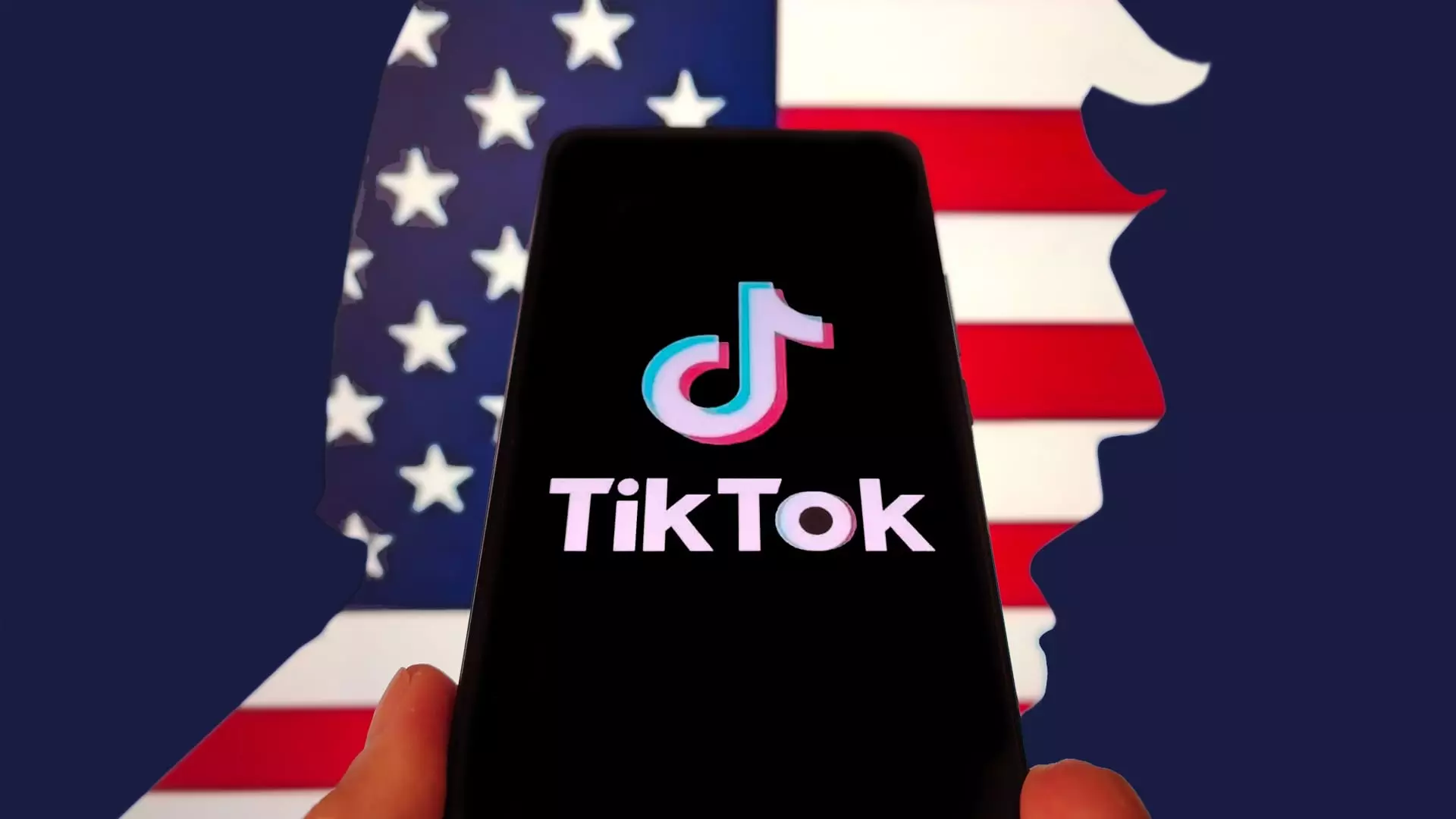The recent extension of the TikTok divestment deadline by President Trump reveals more about political theatrics than genuine national security concerns. For months, the narrative has been driven by fears of Chinese espionage and data theft, but behind the scenes, the American government appears to be leveraging this issue for political gain. Extending deadlines repeatedly indicates a reluctance to confront the real economic value TikTok represents, revealing a tendency for progressive interference instead of pragmatic resolution. The fact that this deadline keeps being pushed suggests an unwillingness from certain policymakers to accept the deal framework that could serve both economic interests and national security concerns simultaneously.
The Deal: A Pragmatic Middle Ground
The proposed arrangement, involving key American tech players like Oracle, Silver Lake, and Andreessen Horowitz, shows that a balanced resolution is possible. A majority stake—around 80%—would be transferred to a consortium that includes reputable U.S. firms, effectively reducing Beijing’s direct influence while maintaining TikTok’s operational integrity. This structure acknowledges the importance of preserving the platform’s economic benefits, user base, and innovation-driven culture, rather than succumbing to an outright ban that would harm consumers and American innovation. The deal’s emphasis on ownership transfer and app migration underscores a strategic compromise that prioritizes economic stability without compromising national security.
American Business, National Security, and Political Narrative
Ironically, the most significant victory in this saga is not in geopolitical posturing, but in the recognition that American businesses and technological infrastructure can operate securely without severing ties. The involvement of cloud and tech giants like Oracle underscores the strength of America’s digital economy. It also signals that the U.S. is not inherently hostile to Chinese tech firms but advocates for transparency, accountability, and collaboration — principles that undergird a healthy, competitive environment. Politicians inflating the threat of TikTok for electoral gain do a disservice to the U.S. economy, which benefits from integrating innovative Chinese tech with American security standards and corporate governance.
Why This Matters for American Leadership
The real lesson here is that American leadership does not have to be about unwarranted bans or ideological dogmas. Instead, embracing smart, negotiated deals—like the TikTok arrangement—demonstrates pragmatic conservatism and technological confidence. It reaffirms that trade, cooperation, and innovation can coexist with national security if managed properly. By rejecting the temptation to escalate conflicts over Chinese tech, the U.S. can position itself as a forward-thinking nation that aims to harness globalization’s benefits without surrendering its security. Those who prefer closed markets and aggressive bans ultimately undermine American interests and energy, instead of safeguarding them.
The Biden administration should seize this opportunity to recognize that compromise, not conflict, advances America’s digital sovereignty. Allowing ideological posturing to cloud the substantial economic and strategic benefits of this deal would be a reckless betrayal of America’s future competitiveness and innovation leadership. It’s time to move beyond politics and trust in a pragmatic approach that balances open markets with responsible security measures.

